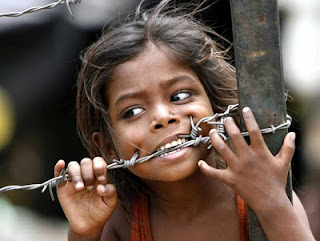Wind and Intention - A Meditation

Leaves loosen their grip on life and become blown about by the wind. Trash by the roadside billows up and gets swept along in the wake of the traffic passing by. A tumbleweed bounces and rolls across the emptiness, only stopping when a tangle of brush or a fencerow rises up to halt its wandering. Things that are dead get blown by the wind, things with no mind of their own – lacking in intention. I remember watching the pollen from our backyard Chinese Mulberry seemingly explode into the sunlight to drift like fog upon the barely moving breeze. And the maple seeds… I’d watch them helicopter down from the tree tops, landing nearby or far away as the particularity of their structure and the movement of the air dictated. Yes, and I’ve come to learn that those “dead” tumbleweeds disperse their propagules as they go, or when they’re stopped by something rooted in moist and life-giving soil. Things that bear life get blown by the wind – things that carry in them the intention of somethin...


